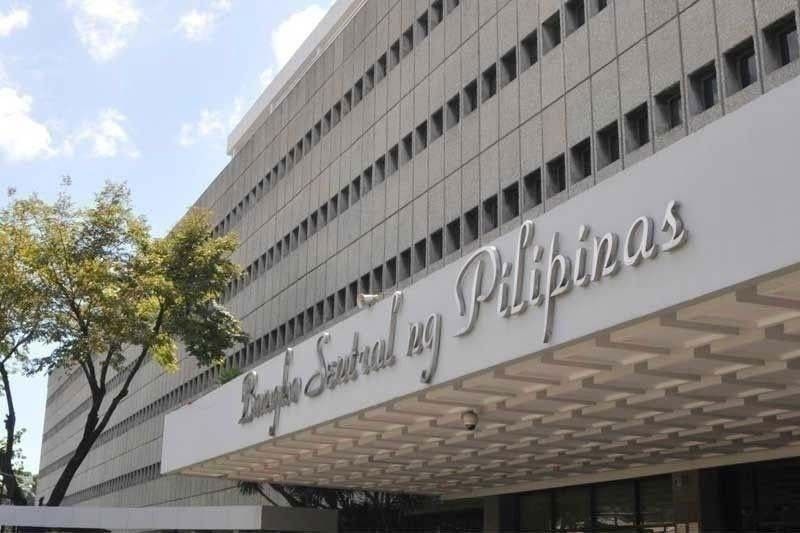BSP to expand cyber resilience efforts, further explore AI

MANILA, Philippines — The Bangko Sentral ng Pilipinas (BSP) will be launching its Financial Services Cyber Resilience Plan for 2024 to 2029 next month to promote coordinated response mechanisms and active information sharing regarding cybersecurity standards across the financial industry.
The Philippine central bank is also developing an AI Roadmap, for potential launch next year, to bolster the sector’s defenses against cyberthreats brought by cutting-edge technologies.
BSP Deputy Governor Chuchi Fonacier, speaking at the annual convention of the Chamber of Thrift Banks last Friday, said it is crucial to have a plan to guide relevant stakeholders on how to cooperate and share information when it comes to battling cybersecurity threats.
“The BSP will soon launch the 2024 to 2029 Financial Services Cyber Resilience Plan which aims to promote defined and coordinated incident response mechanisms, active information sharing, strong cybersecurity culture and holistic cybersecurity best practices in the financial sector,” she said.
Fonacier noted that the BSP engaged with other stakeholders, law enforcement agencies and other government agencies before launching the cyber resilience plan.
The plan will define protocols and provide guidelines on how stakeholders should collaborate with one another, especially if there is a breach or a threat.
“But the important components really are the sharing of information,” she said. “Currently, I know there is some kind of a hesitation, but I think once this [plan] will be in place, then there will no longer be some hesitation to share because you know that the information will be handled properly and confidentially among the ecosystem members.”
According to the BSP official, banks have been undergoing digital transformation for the past years. Central bank data showed as of the first quarter, half of the 42 thrift banks already have online banking facilities.
Around 47 percent and 42 percent of thrift banks are also participating in InstaPay and PESONet, respectively. Moreover, 93 percent of these mid-sized lenders now offer QR PH, person-to-person functionality.
Meanwhile, Fonacier said the BSP will come up with an AI Roadmap. However, this may not be launched within the year as the central bank is still exploring the use of AI in areas such as customer relations management, banking supervision, virtual assistance, fraud detection, process automation and analytics as well as predictive modeling.
BSP Governor Eli Remolona Jr. has yet to designate the central bank officials who will head the cyber resilience plan and the AI roadmap, she added.
The central bank also conducted a thematic review on AI in financial services to have a better understanding of the challenges and use cases of AI and machine learning development.
Melchor Plabasan, senior director of the BSP’s Technology Risk and Innovation Supervision Department, said the thematic review intends to identify the specific use cases of AI in financial institutions.
“Ultimately the objective of this particular study is to come up with baseline principles on responsible use of AI in the financial services industry,” he said.
“We don’t intend to introduce another licensing regime for AI. It’s not part of the plan. The intention really is high-level principles on the use of AI within the industry.”
He said the review showed almost 80 to 90 percent of the risks associated with AI are already covered by existing regulation.
The central bank will be coming up with new guidelines covering some of the untouched and uncovered risks related to AI, he said. These risks are related to high-level principles such as data quality and ethical issues.
- Latest
- Trending






























